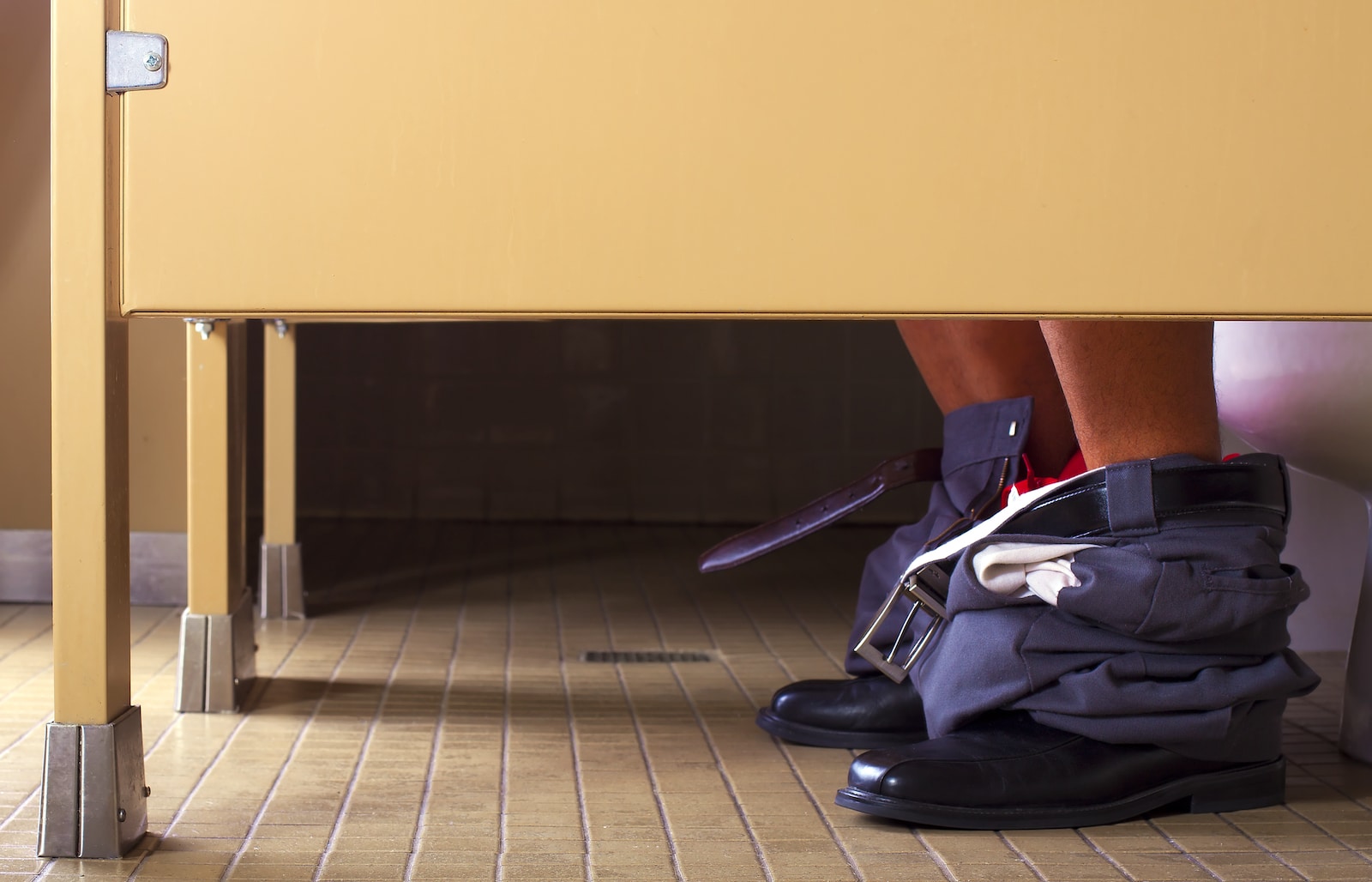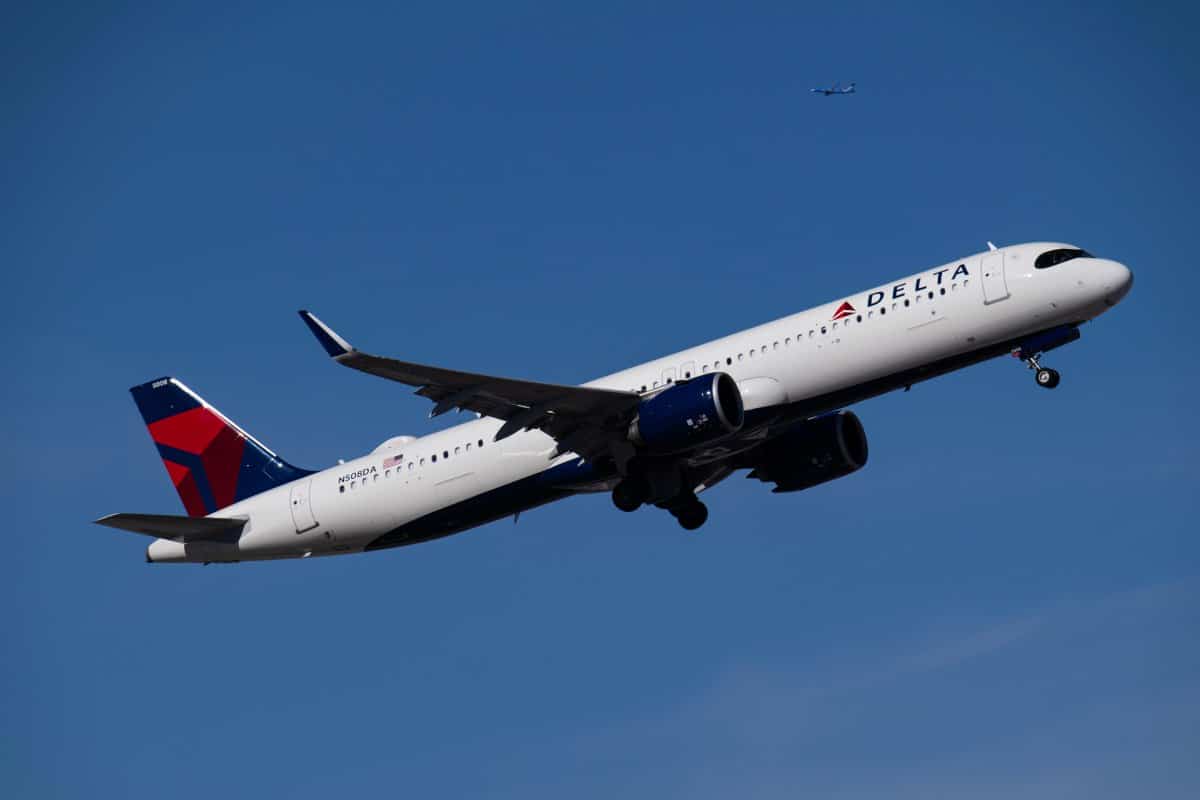In a shocking incident, a Delta flight had to divert to New York after passengers were served spoiled food. Here’s what happened and the broader implications for airline food safety.
The Incident

The Delta flight from Miami to Boston was forced to make an emergency landing in New York after multiple passengers reported feeling ill from consuming spoiled food. The incident caused significant discomfort and distress among passengers.
Immediate Response

Upon landing, medical teams were on standby to assist the affected passengers. Several individuals were taken to local hospitals for further evaluation and treatment. Delta issued an apology and began an immediate investigation.
Food Safety Concerns

This incident highlights serious concerns about food safety in the airline industry. The Federal Aviation Administration (FAA) requires strict adherence to food safety standards, but incidents like this raise questions about compliance and oversight.
Investigation Findings

Preliminary findings from Delta’s internal review suggest that the spoiled food incident may be related to improper storage conditions. Delta has temporarily suspended the catering service responsible for the meal preparation while a comprehensive investigation is conducted to ensure food safety standards are met.
Health Risks

Spoiled food can pose severe health risks, including food poisoning and bacterial infections. Symptoms such as nausea, vomiting, and diarrhea can occur within hours of consumption.
Passenger Reactions

Passengers on the affected flight expressed their frustration and disappointment. Many took to social media to share their experiences, demanding accountability and better food safety practices from airlines.
Compensation and Apologies

Delta offered compensation to all affected passengers, including refunds, flight vouchers, and additional miles. The airline also committed to reviewing and improving its food safety protocols.
Regulatory Oversight

The FAA and other regulatory bodies oversee airline food safety, but this incident underscores the need for stricter enforcement and more frequent inspections. Ensuring compliance with safety standards is crucial for passenger health.
Catering Company Accountability

The catering company involved faced significant backlash and potential legal action. Ensuring that third-party vendors adhere to stringent food safety standards is essential for maintaining passenger trust.
Industry-Wide Implications

This incident has broader implications for the airline industry. Other airlines are likely to review their food safety practices to avoid similar issues and ensure passenger safety.
Passenger Awareness

Passengers can take steps to protect themselves, such as being cautious about eating perishable items on flights and reporting any concerns to flight attendants immediately.
Food Safety Protocols

Airlines must adhere to strict food safety protocols, including proper storage, handling, and preparation of meals. Regular audits and inspections are necessary to maintain high standards.
Training and Education

Training airline staff and catering employees on food safety is critical. Regular refresher courses and updates on best practices can help prevent incidents of food contamination.
Technological Solutions

Investing in technology to monitor food storage temperatures and track food safety compliance can help prevent incidents like this. Real-time monitoring systems can alert staff to potential issues before they escalate.
Legal Consequences

Airlines and catering companies may face legal consequences for serving spoiled food. Passengers affected by such incidents have the right to seek compensation for their suffering.
Public Relations Impact

Incidents like this can have a significant impact on an airline’s reputation. Prompt and transparent communication, along with effective crisis management, is crucial for mitigating damage.
Historical Context

This is not the first time an airline has faced issues with food safety. Historical data shows that food-related incidents, though rare, can have serious repercussions for both passengers and airlines.
Future Preventative Measures

The airline industry must take proactive measures to prevent food safety incidents. Implementing more rigorous standards, increasing oversight, and leveraging technology are essential steps.
Consumer Trust

Maintaining consumer trust is vital for the airline industry. Ensuring food safety and addressing any incidents promptly and effectively is crucial for building and maintaining passenger confidence.
Collaborative Efforts

Collaboration between airlines, catering companies, and regulatory bodies is essential for ensuring food safety. Working together to develop and enforce high standards can help prevent future incidents.
Featured Image Credit: Shutterstock / Robin Guess.
For transparency, this content was partly developed with AI assistance and carefully curated by an experienced editor to be informative and ensure accuracy.





